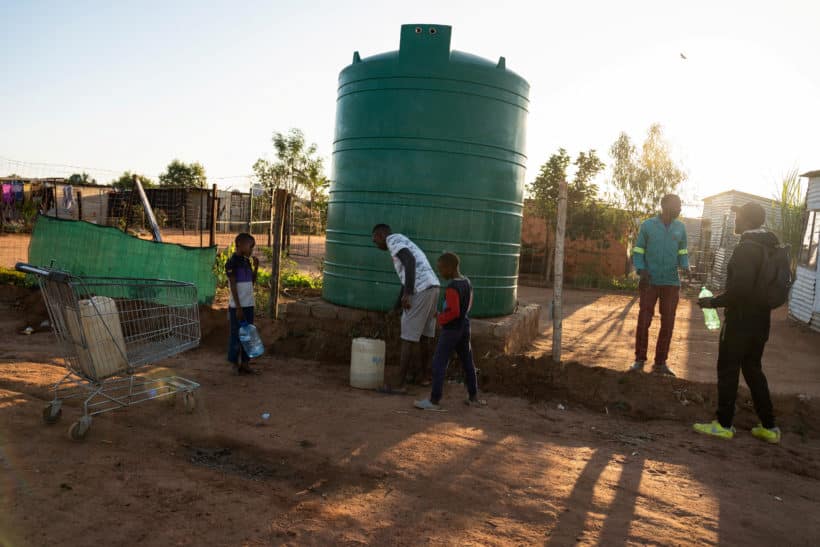
When a cholera outbreak was confirmed in Hammanskraal, just north of South Africa’s capital Pretoria, it was hardly a surprise to many of its residents queuing up for handouts of bottles of clean water and soap.
“If you drink the (tap) water, your stomach is running,” Joyce Tshweau, 51, said, after braving the long line for the clean water meant to help curb an epidemic that has already killed 21 people.
Clean water and sanitation have always been an issue in Hammanskraal, a poor area housing about 120,000 people, as it is in several parts of South Africa.
It is not known how the epidemic began and whether it is connected to Hammanskraal’s dirty water. Authorities are investigating the origin of the outbreak. Cholera is more associated with Africa’s least developed countries than the capital of its most industrialised one.
But it has nonetheless highlighted complaints about service delivery that are a top concern before national elections in 2024, which are expected to be the toughest for the African National Congress (ANC) since it took power at the end of white minority rule in 1994.
According to Tumelo Koitheng, 52, who chairs the Hammanskraal Residents Forum, the municipality failed to maintain a nearby water treatment plant and raw sewage started seeping into the water supply.
The municipality had been ANC-run until 2016 when the opposition Democratic Alliance took over, but water quality hasn’t improved, residents said.
“The water had a greenish colour and you smell faeces,” Koitheng said, adding that residents were forced to buy bottled water because visits by water tankers were infrequent.
The national department of health did not immediately respond to a request for comment. South Africa’s deputy water and sewage minister David Mahlobo told journalists on Monday that the wastewater treatment works around Pretoria haven’t been maintained properly.
“It is a sad state of affairs that we are catering for outbreaks of diseases (from) … the middle ages. SA is the richest economy on the African continent,” said Jo Barnes, senior lecturer emeritus at the faculty of medicine and health sciences at the University of Stellenbosch.
(Reporting by Carien du Plessis; Editing by Tim Cocks and Grant McCool)